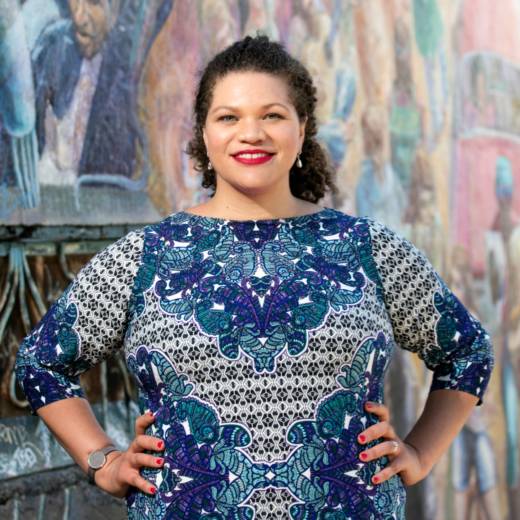Savala Nolan Terpczynski is African-American and she’s noticed that many of the people in her circle have just one Black friend -- her. That’s a problem.
“I’m tired of being your only black friend.” Sometimes I want to say this aloud, though I never do.
I’m often surrounded by white people, kind, warm folks I know from work, daycare, and other communal spaces. We have much in common, these white folks and I. But, generally, I’m the only black friend these white people have. At their barbecues and birthday parties, I look around and only I remember slave ships in my bones, or see family when cops kill a black person, or truly savor the bitter-sweet complexity of things like Juneteenth, the phrase “high yellow,” and Barack marrying Michelle.
The isolation bothers me. But what really bothers me is the oblivion—white friends’ obliviousness to living the kind of lives we pretend ended decades ago. They don’t seem to know that their lives are racially segregated. True, maybe they didn’t set out to live on an all-white block; but many Bay Area housing blocks were recently whites-only. In effect, so were streets, schools, parks, stores, and other public places tied to homes. Our history of purposeful housing segregation has cast a shadow. We never integrated, so we’re still in the dark.
My white friends seem...asleep. Unbothered living in cities white supremacy designed. I don't think they know that the old segregation is still alive. I want to say, “Have you noticed there are no black people here? Where you shop, go to brunch, where your kids play? What do you make of it?”
